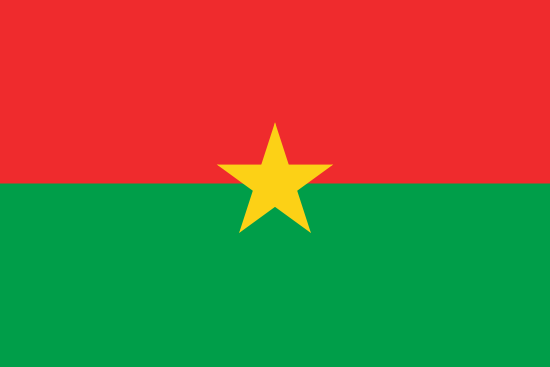
Health Insurance in Burkina Faso, Africa
Information expatriation
Capital City: Ouagadougou
Total area: 274,000 km2
Population: 14,784,000
Money: Currency Converter
Time Zone: List of time zones by country
Calling Code: +226 XXX
Practical Information:
Health Product: Travel Insurance and Health insurance
Health Insurance information and Sanitary Risk: World Health Map
BLOG: Expat Health insurance Information
Here is a brief description of the healthcare system in the country:
· Burkina Faso has a mixed public-private healthcare system that aims to provide universal coverage through the public sector. However, budgets are limited.
· Primary care is the main public provision and is coordinated by the Ministry of Health. Services include community health centers, health posts, and outreach programs.
· Referrals from primary care are required to access public hospitals, which provide secondary and tertiary care in regional/district capitals.
· Private facilities including clinics, pharmacies, and some hospitals also operate, mainly catering to urban populations.
· Key health issues include malaria, respiratory infections, diarrhea/malnutrition, and neonatal/maternal mortality.
· Geographic access disparities are vast, with 80% of the population lacking basic care. Many rely on traditional/alternative medicine.
· Per capita spending is amongst the lowest in the world at around $78, and over 60% of costs are paid privately out-of-pocket.
Here are some key health considerations for expatriates living in the country:
· Insurance - Public care mainly serves citizens. Comprehensive private health/evacuation insurance is essential for expats.
· Registration - Obtain proper residency/work permits, which may be needed to access private care facilities.
· Language - French is the official language, but many speak local dialects. Learn key medical terms for clear communication.
· Prescriptions - Bring adequate supplies of any regular medications, as availability of foreign brands is limited.
· Vaccinations - Ensure routine schedules are up to date and consider others like meningitis, yellow fever depending on location.
· Medical capacity - Advanced care is concentrated in cities. Evaluate proximity to major hospitals for emergencies.
· Water/food safety - Bottled water is best for drinking. Cooked foods are safer options to avoid illness.
· Malaria - Take anti-malarial drugs as directed by a doctor and use effective repellents/clothing.
· Road safety - Traffic laws are rarely enforced. Drive carefully on poor roads with animals/pedestrians.
